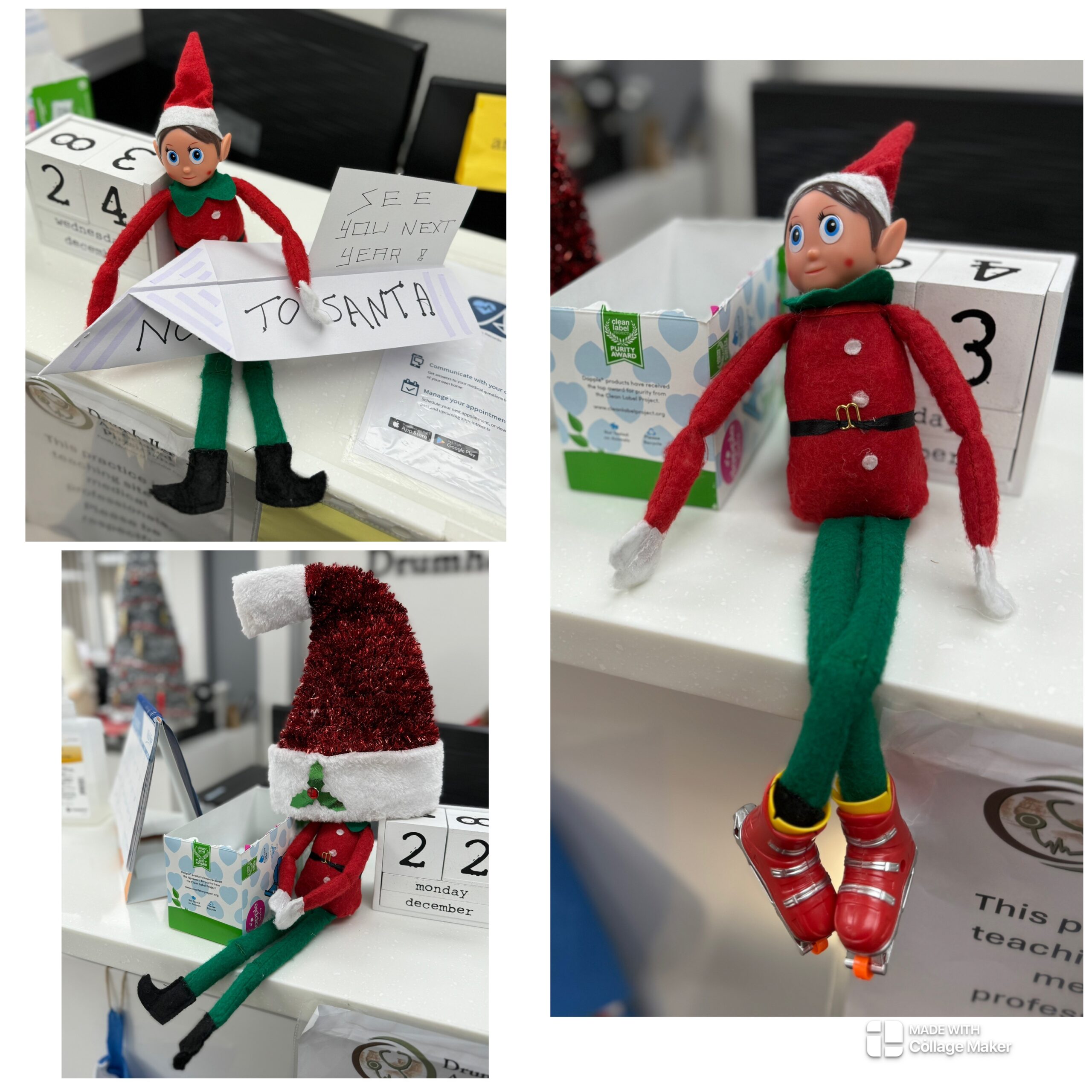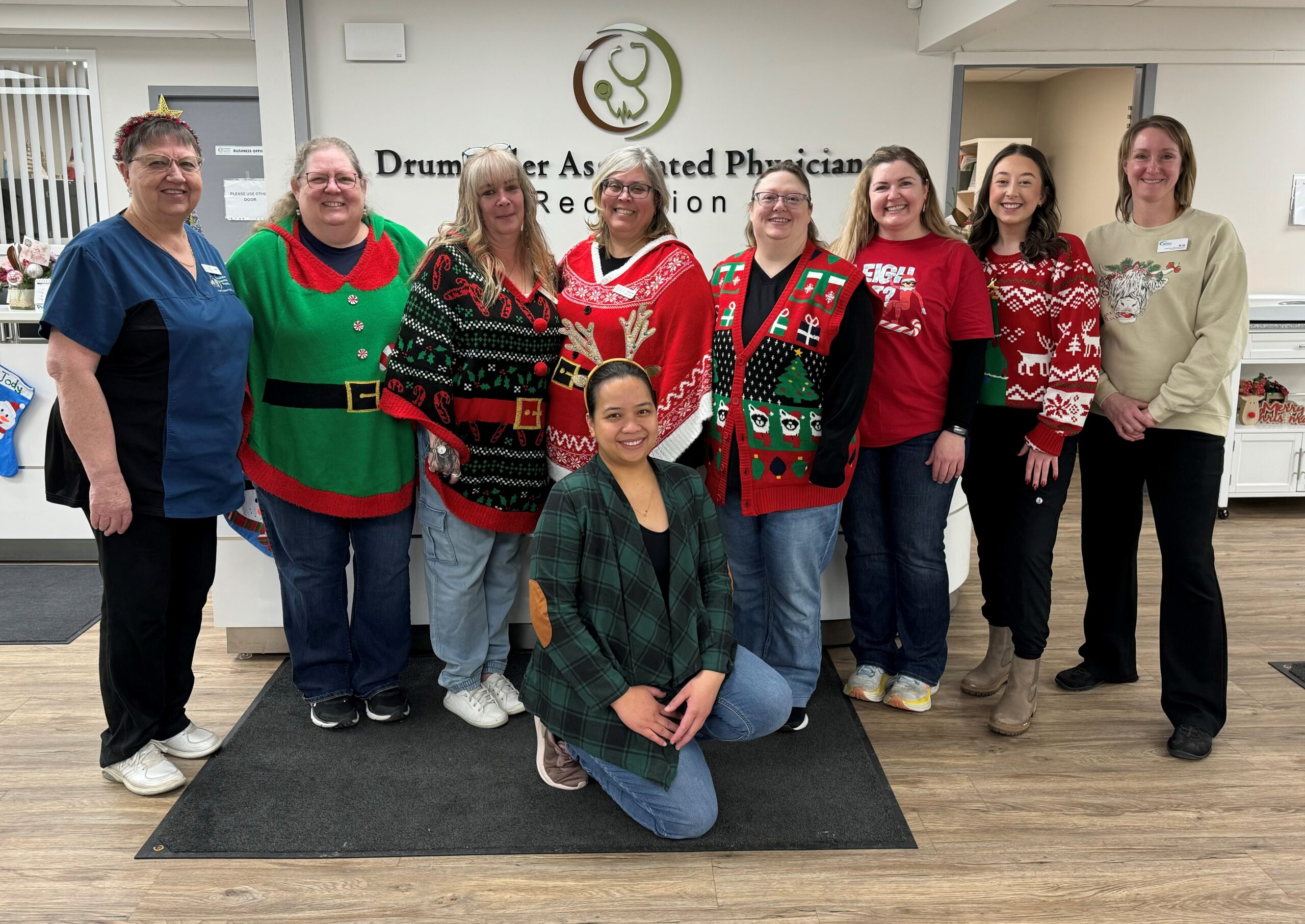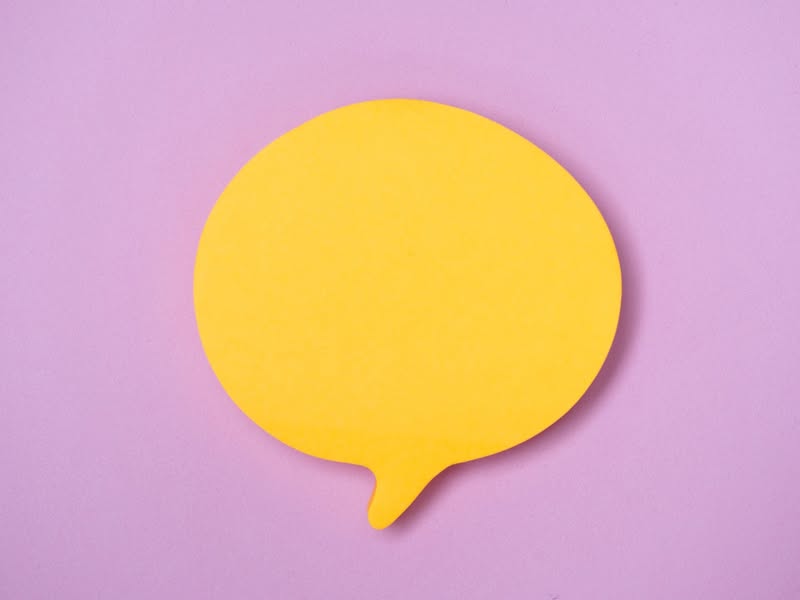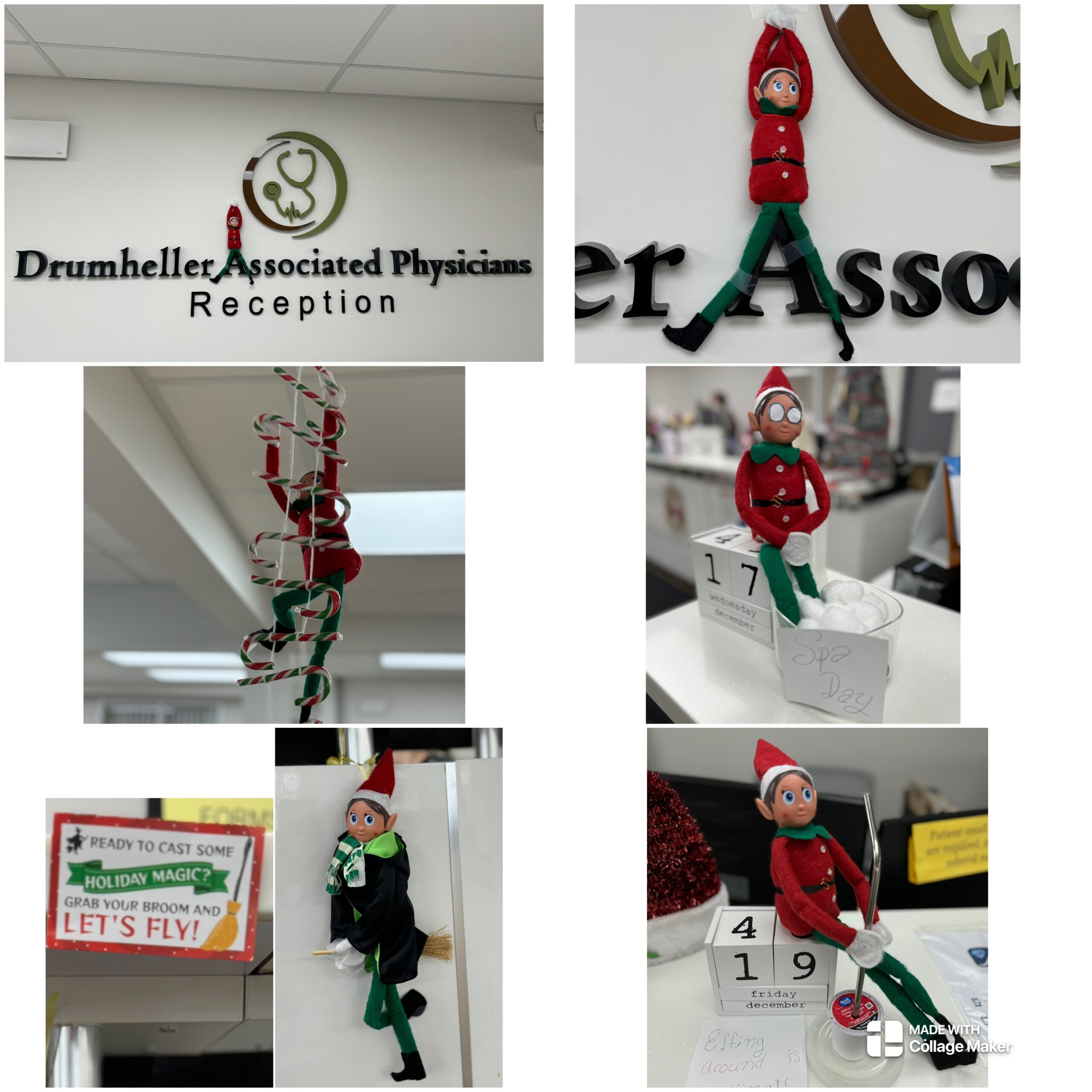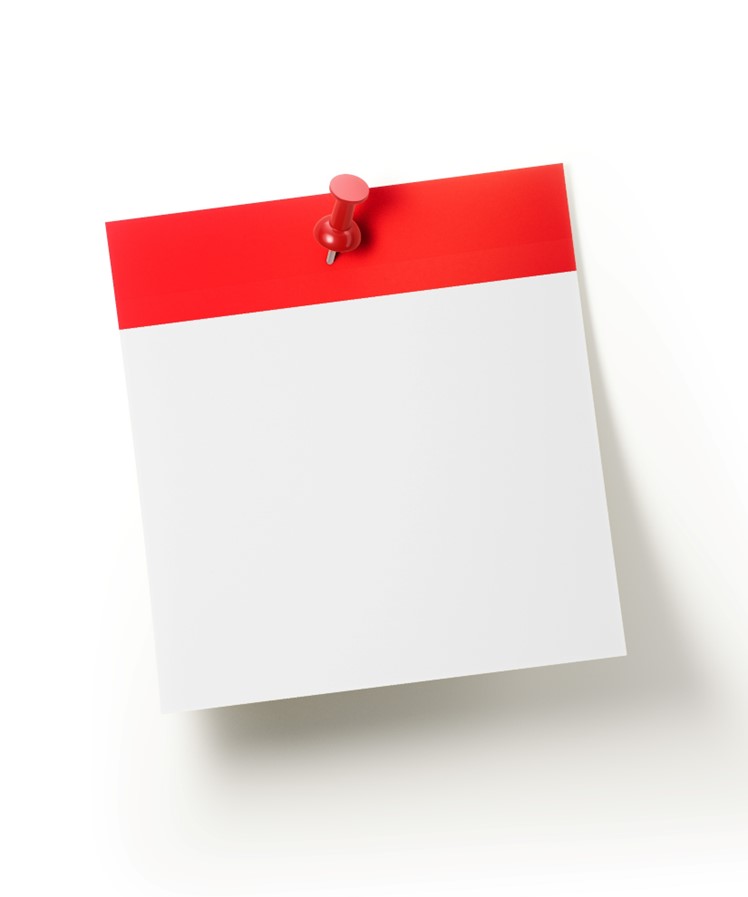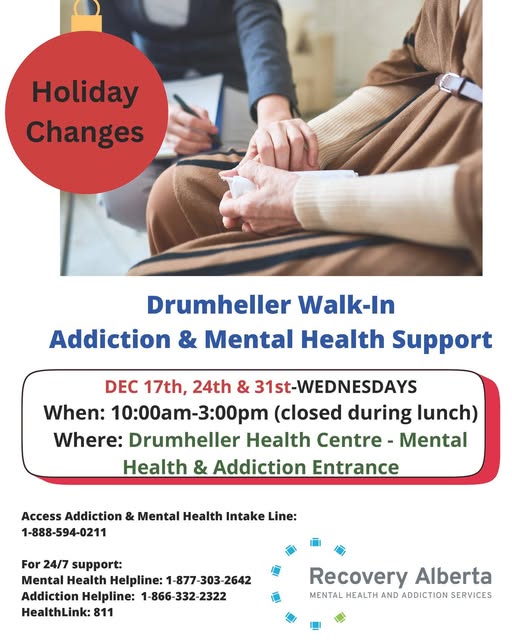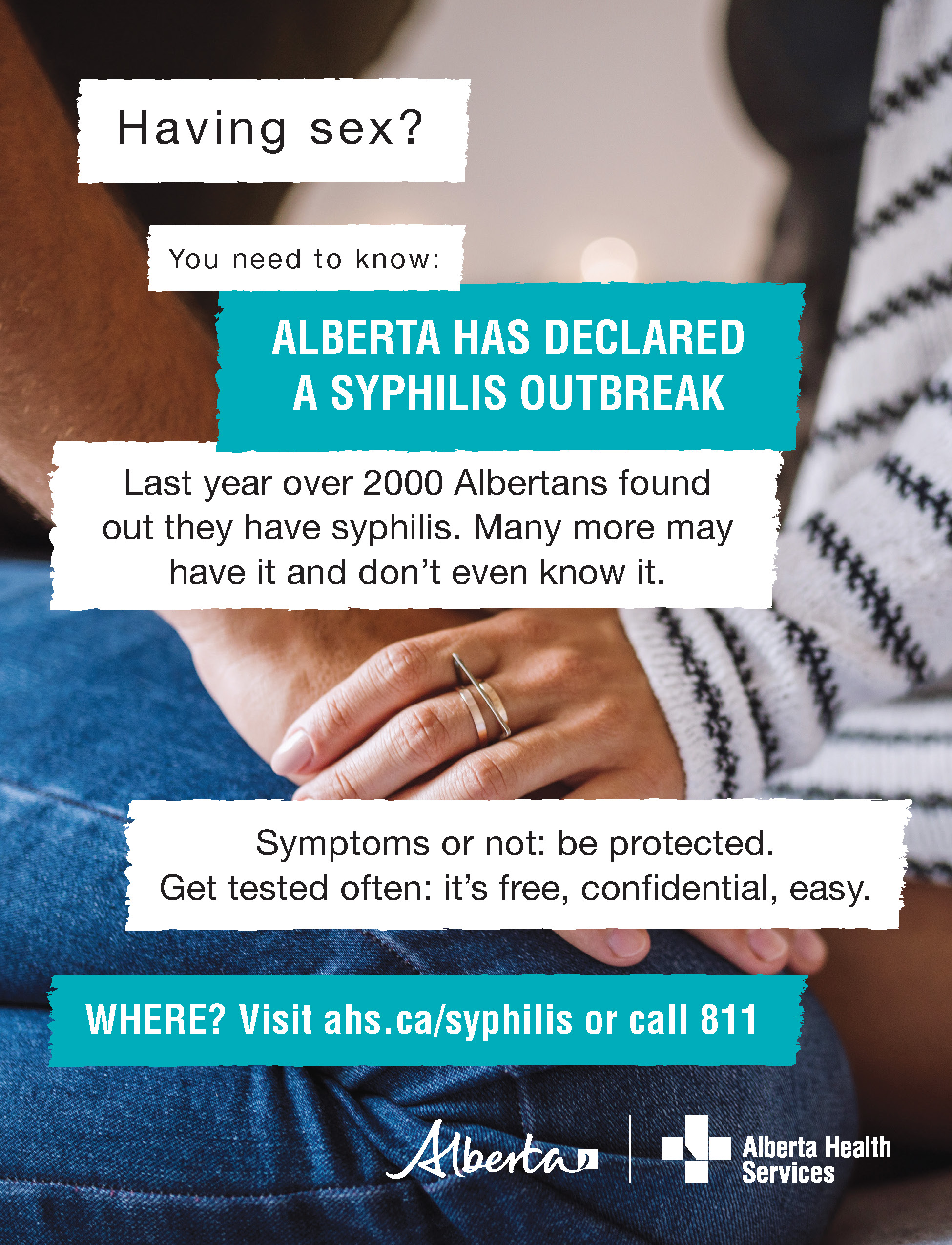Syphilis is a sexually transmitted infection (STI) that is caused by a bacteria.
How is Syphilis spread? Syphilis is spread when someone with the infection has condomless vaginal, anal and/ or oral sex with someone else.
Signs and symptoms › › › Sometimes painless, open sores can appear on or inside the penis, vagina, rectum or mouth. Swollen glands in the groin, behind the ears, under the jaw and in the armpits. A body rash and/or feeling like you have the flu.
Many people won’t have symptoms at the beginning of an infection, so it’s important to get tested often if you are sexually active
The number of babies born with syphilis is increasing.
If you are pregnant › › › You should be tested for syphilis as early as possible. If you have the infection, you can pass it on to your baby before it is born or when giving birth.
Untreated syphilis can cause birth defects and stillbirth. Treatment for syphilis is safe during pregnancy.
Talk to your partner(s) › › › If you have syphilis, you should tell your sexual partner(s) so that they can be tested and treated. If you are uncomfortable telling your partner(s), ask your doctor, nurse or local public health unit for help. Talk to your partner(s) about STI and the use of protection, so you can make an informed decision about your sexual health.
Getting treated › Syphilis can be cured with antibiotics.
For more information, visit: www.canada.ca/en/public-health/services/ diseases/syphilis.html
https://myhealth.alberta.ca/HealthTopics/sexual-reproductive-health/Pages/Syphilis.aspx



